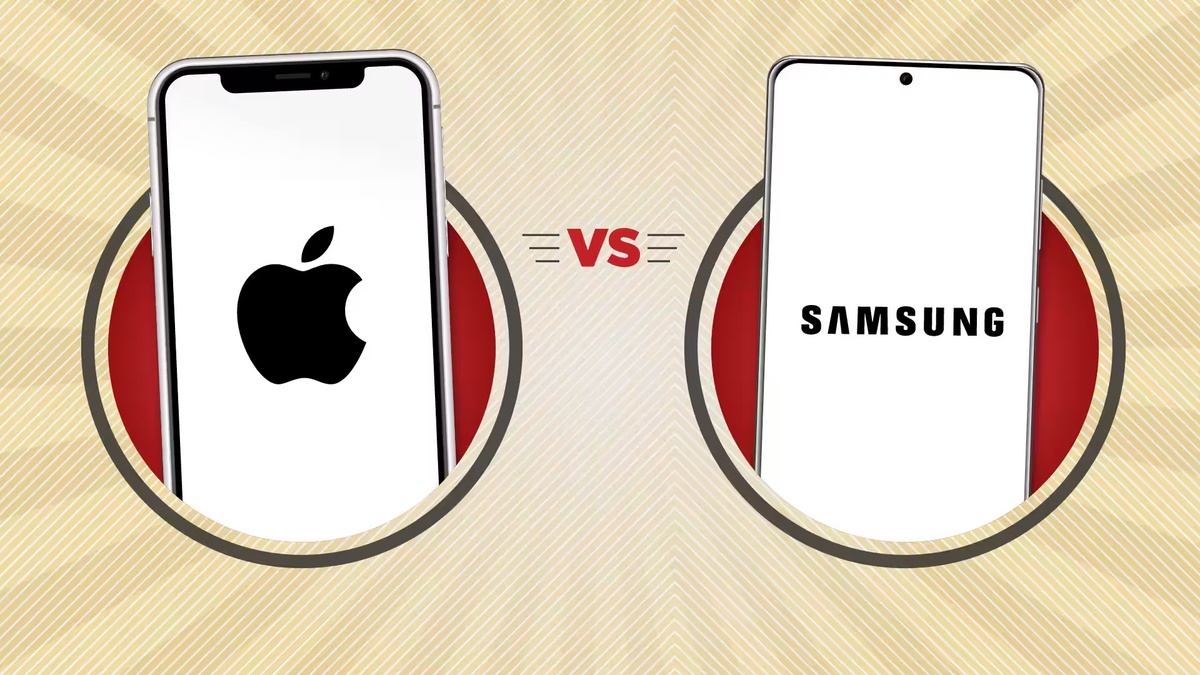In the world of technology, there are numerous rivalries, but none are as significant as the war between the Samsung and Apple ecosystems. Gone are the days when comparing individual products was enough; now, the entire ecosystem must be taken into account. This blog explores the hardware and features of both ecosystems, highlighting their strengths and differences. Whether you prioritize flexibility and customization or a seamless and robust experience, this comparison will help you decide which ecosystem is right for you.
The Hardware
To understand the Samsung and Apple ecosystems, we must start with the basics. The comparison includes flagship phones, watches, earbuds, laptops, and tablets. While the devices themselves are similar in quality, it is their integration within the respective ecosystems that sets them apart. For instance, Samsung's Galaxy Buds work with iPhones, but the full range of features is only available within the Samsung ecosystem. Additionally, the ability to seamlessly connect earbuds, laptops, and other devices within an ecosystem enhances the overall user experience.
File Sharing and Connectivity
One crucial aspect of any ecosystem is the ability to share files and connect devices seamlessly. Apple's AirDrop is well-known for its ease of use, especially within the iOS community. On the other hand, Samsung offers Quick Share and Link Sharing options, allowing for file transfers between Samsung devices and even temporary links for sharing with iOS users. Moreover, Apple's Continuity Camera enables wireless connection between iPhones and Macs, providing high-quality video for video calls. Samsung's Dex, on the other hand, allows for a complete desktop interface when connected to external displays. Both ecosystems offer unique advantages in terms of file sharing and device connectivity.
Device Tracking and Management
Keeping track of devices and managing them efficiently is essential in any ecosystem. Apple's Find My app, with its vast network of iOS users, allows for easy tracking of devices, even if they are not near the owner's phone. Samsung's SmartThings Find integrates with a wide range of Samsung IoT devices, providing a comprehensive tracking solution. Additionally, both ecosystems offer voice assistants, with Apple's being marginally better, but Samsung allows users to replace it with Google Assistant for a more complete and personalized experience.
Mobile Payments and Smart Home Control
Apple Pay offers a convenient mobile payment solution, with the added advantage of storing identification documents. Samsung, on the other hand, had a unique advantage with MST technology, allowing users to make payments with their Galaxy watches on even the oldest swipe card readers. In terms of smart home control, Samsung's extensive range of devices allows for a more comprehensive integration within the ecosystem. From refrigerators to dishwashers, Samsung devices can be controlled through a single app, while Apple users may need multiple apps for different devices.
Messaging and Continuity
Messaging is a significant factor in the battle between Android and Apple. Apple's iMessage and FaceTime offer seamless communication within the ecosystem, with end-to-end encryption and deep integration across devices. Samsung has caught up with RCS messaging and offers Samsung Messages and Google Duo, but convincing Apple users to download Google Duo can be challenging. Apple's continuity feature allows for a seamless transition between devices, while Samsung's flexibility and customization options make it a more versatile ecosystem.
Conclusion
Choosing between the Samsung and Apple ecosystems goes beyond comparing individual devices. Both ecosystems offer excellent hardware and unique features. Samsung emphasizes flexibility and customization, allowing users to choose from a wide range of devices. On the other hand, Apple provides a seamless and robust experience, with deep integration across all devices. Ultimately, the decision depends on personal preferences and priorities. Whether you value customization or a unified experience, understanding the strengths and differences of each ecosystem will help you make an informed choice.


No comments yet